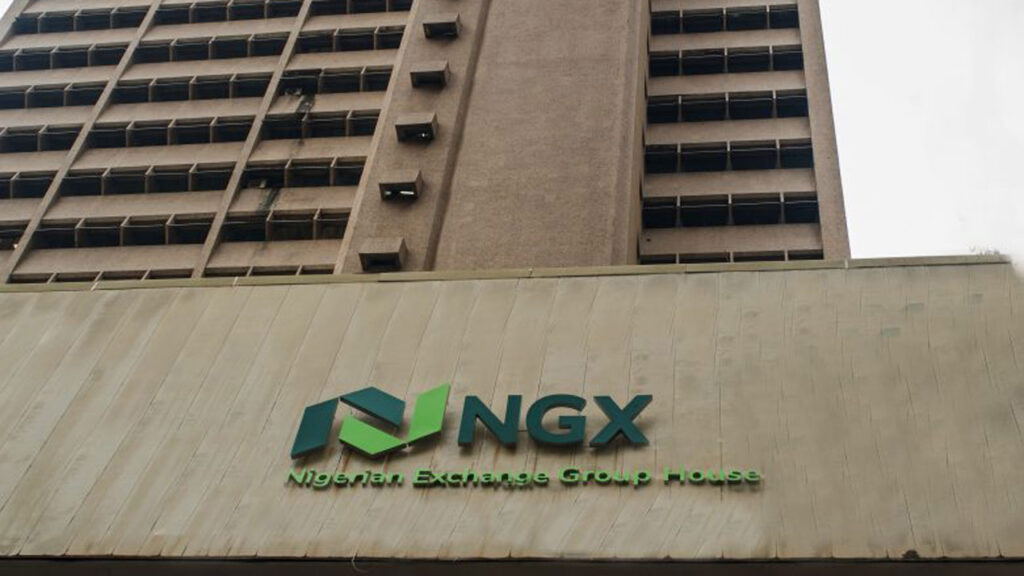
Power Minister, Adebayo Adelabu has sheds light on the ongoing grid collapses in Nigeria, attributing them to the lack of a backup.
These backup, according to him, remained the crucial element present in other countries with contingency plans that Nigeria lacks.He emphasizes the need for a backup grid to enhance the country’s power infrastructure resilience, pointing out its absence as a major factor in the recurrent disruptions.
In an exclusive TV interview on “Resolving Nigeria’s Power Equation,” Adelabu underscores the role a backup grid plays in creating a robust power system capable of withstanding unforeseen disruptions. As the government grapples with comprehensive solutions to stabilize the power grid, he emphasized the importance of investing in infrastructure to provide a backup during emergencies. Adelabu noted that such move would mitigate the impact of grid failures, ensuring a more reliable and consistent power supply for citizens.Adelabu also acknowledges that while grid disturbances are normal, Nigeria faces grid collapses due to the absence of a backup grid. He highlights the automation processes in other countries that effectively address frequency issues, a mechanism lacking in Nigeria.
Commenting on the privatization of the power sector, Adelabu commends the methodical unbundling of the value chain but criticizes the execution process, leading to current challenges.
He points out a misalignment in structure, particularly when control is in private sector hands, raising issues of regulation, monitoring, and tracking.The Minister questions the effectiveness of regulating private sector entities, emphasizing the need for a deliberate effort to decide how electricity should be treated – as a commercial product or a social service. He expresses reservations about labeling privatization a success, as private sector companies have not met expected performance standards.
Adelabu acknowledges Nigeria’s capacity to generate 6000MW consistently but highlights gas shortages as a persistent challenge. Resolving the gas issue is crucial to eliminating generation problems, and he suggests generating bulk power in areas with proximity to raw materials, especially gas.Proposing solutions, Adelabu suggests unbundling the power sector for monitoring at different government levels, with Distribution Companies (DisCos) structured along state lines. He advocates for a regional grid and consistent funding to achieve sustainable improvements. While reassuring Nigerians of gradual improvement, he cautions against unrealistic claims of 24-hour electricity within a short timeframe.













